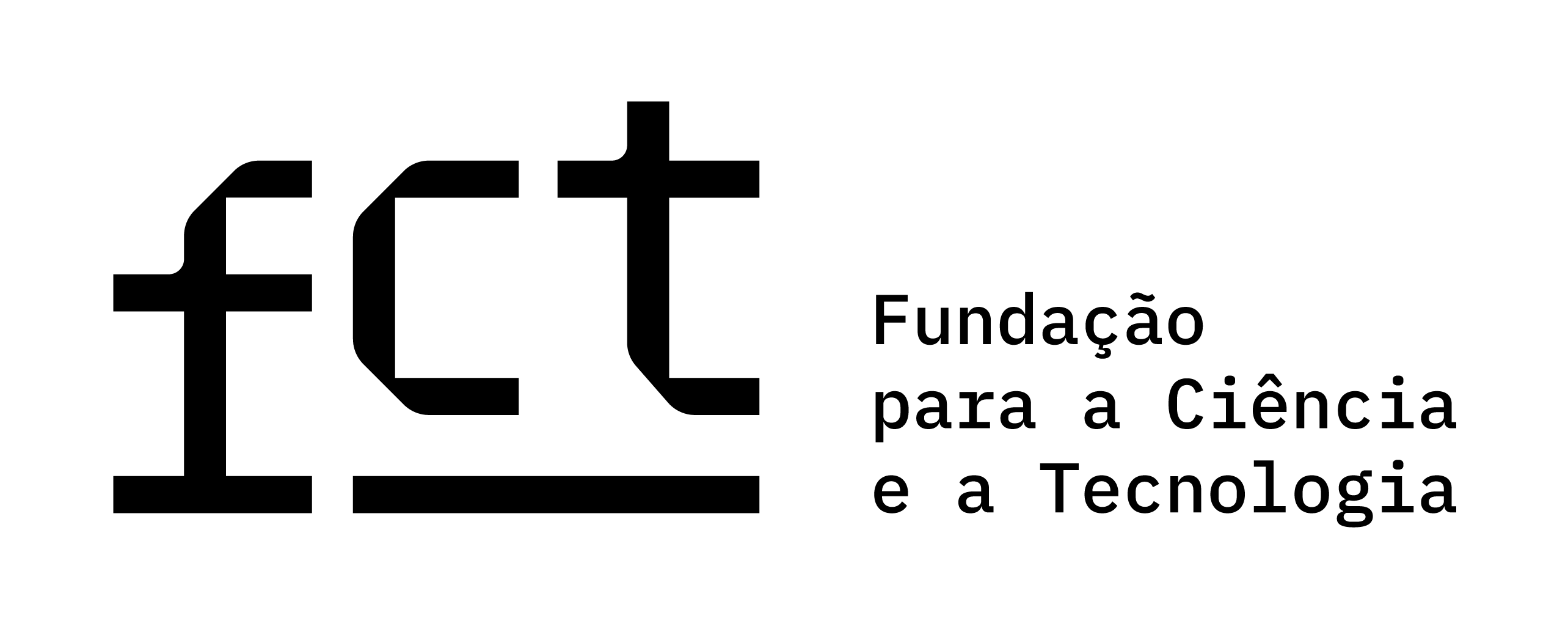The role of LGBTQ+ professionals in inclusive healthcare
Abstract
O projeto PULSAR visa mapear as experiências de profissionais de saúde LGBTQ+ em Portugal. Como mostra a literatura recente, os/as profissionais de saúde LGBTQ+ são frequentemente negligenciados/as no seu papel de promoção e implementação de práticas de saúde inclusivas. Por um lado, enfrentam o estigma e a discriminação também vividos pelos doentes LGBTQ+ e optam frequentemente por esconder a sua identidade ou suportar pressões adicionais relacionadas com o trabalho. Por outro lado, representam uma chave fundamental no fornecimento de experiência e conhecimento para melhorar a inclusão em ambientes de cuidados de saúde.
No contexto português, o tema ainda não foi explorado e a investigação existente, ainda que escassa, está focada nas experiências de doentes LGBTQ+. O PULSAR pretende ser a primeira exploração das experiências de profissionais de saúde LGBTQ+ no país e, por isso, tem uma forte relevância tanto para os campos nacional como internacional.
A escolha do nome PULSAR evoca dois aspetos-chave do projeto. Em primeiro lugar, em inglês, um “pulsar” é uma estrela pequena, mas densa, que emite sinais fora dos seus polos magnéticos: metaforicamente, embora os/as profissionais LGBTQ+ possam representar apenas uma pequena parte da população geral de prestadores de cuidados de saúde, são elementos-chave na produção de práticas e desencadeiam mudanças que vão muito para além dos ambientes de cuidados de saúde.
No entanto, “pulsar” em português é um verbo que significa “pulsar” ou “bater”, sendo frequentemente utilizado para indicar o bater do coração: neste sentido, o projeto pretende explorar um centro vital, embora menos conhecido, de inovação nas práticas de saúde e valorizar as suas potencialidades e vivacidade.
O projeto PULSAR tem uma forte componente exploratória e visa produzir um impacto duradouro na transformação dos cuidados de saúde, produzindo orientações, envolvendo as principais partes interessadas e valorizando as experiências incorporadas.
Outcomes
O projeto PULSAR tem três objetivos principais:
- Review: to map the contemporary situation of LGBTQ+ healthcare professionals in Portugal, including their experiences and needs;
- Respond: design intervention strategies and guidelines to increase inclusion in the health system;
- Rebuild: encourage cross-cutting alliances between healthcare providers and the LGBTQ+ population through the mediating role of LGBTQ+ healthcare professionals.
The project is divided into three main phases that reflect the three main objectives.
A fase 1, REVISÃO, visa mapear as experiências atuais dos/as profissionais de saúde LGBTQ+ em Portugal através de um questionário online e entrevistas qualitativas.
A fase 2, RESPOND, visa elaborar e disseminar diretrizes a serem implementadas por instituições de saúde, formuladores de políticas e corporações profissionais.
A Fase 3, REBUILD, visa fornecer uma plataforma para profissionais de saúde LGBTQ+ dialogarem tanto com colegas profissionais quanto com ativistas LGBTQ+. Um evento nacional de um dia, aberto a ativistas LGBTQ+ e profissionais de saúde, será organizado.
Dado os seus contornos ambiciosos, o projeto PULSAR trabalha para implementar práticas inovadoras e valorizar o conhecimento incorporado existente para produzir ambientes de saúde mais justos, inclusivos e diversos.
Keywords
- saúde
- inclusão
- diversidade
- LGBTQ+
- cuidados de saúde
- profissionais de saúde
Equipa de investigação
– Mara Pieri, investigadora principal
– Ana Lúcia Santos, investigadora CES-UC
– Daniel Neves da Costa, investigador CES-UC
Equipa consultiva
– Jo Rodrigues (PT)
– Luna Dolezal, University of Exeter (UK)
– Max Kleijberg, Carolinska Institute (SW)
Financing Entity




